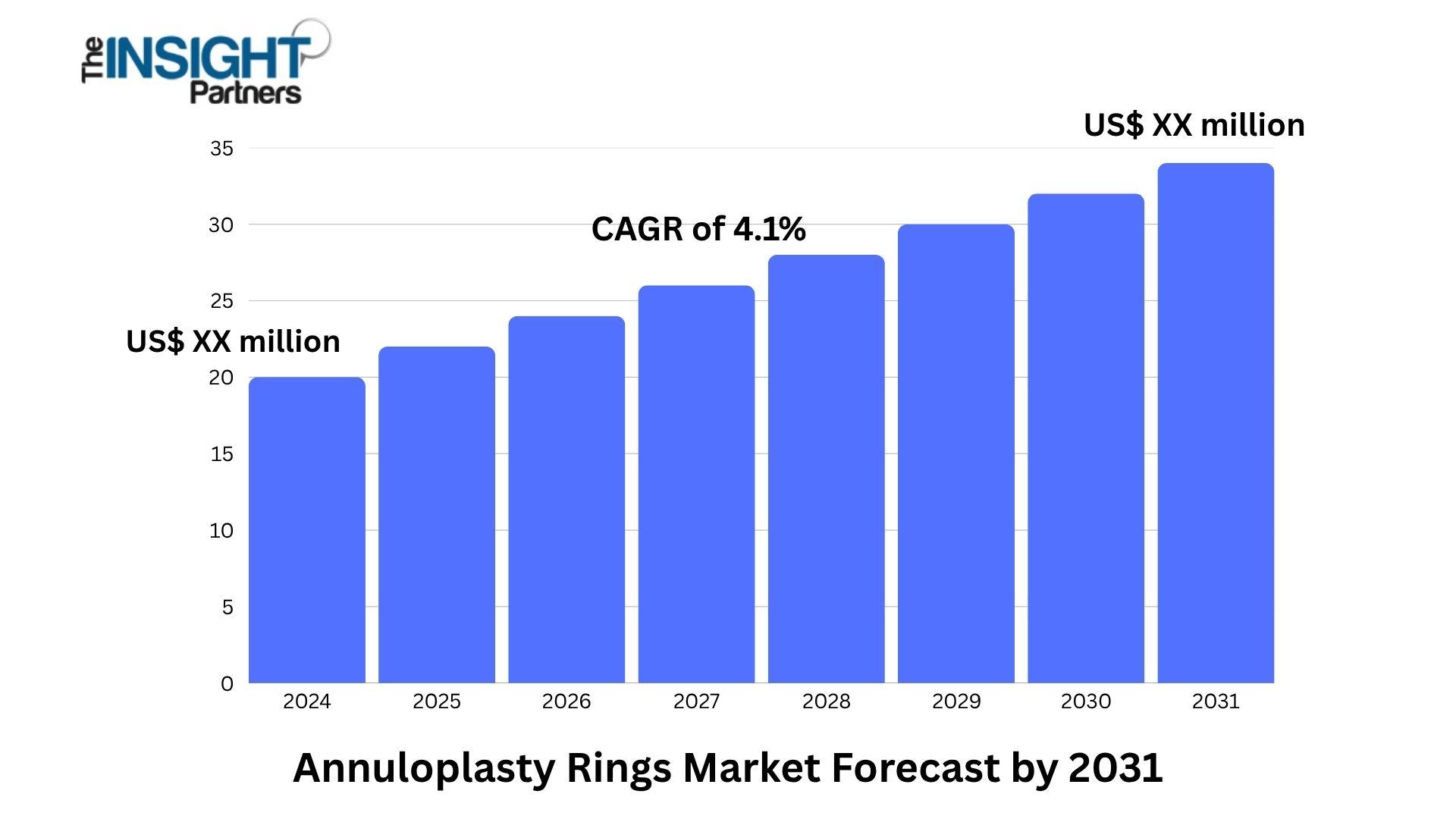The Future of Work: 6 AI Skills Employers Are Hiring For in 2025
Introduction
With artificial intelligence (AI) no longer just a buzz-word but a core part of business operations, the skills that employers look for are shifting fast. You don’t just need to know what AI is—you need to know how to apply it, govern it, scale it, and integrate it into real-world workflows. According to recent reports, roles requiring AI skills are growing sharply. If you want to get hired (or stay hired) in 2025, here are six AI-skills that matter.
Read more @ https://www.techdogs.com/td-articles/trending-stories/6-ai-skills-that%E2%80%99ll-actually-get-you-hired
1. Generative AI & Prompt Engineering
Generative AI—models that produce text, images, video, or audio—is becoming a mainstream tool in marketing, product-development, content creation, and more. As noted, around 92% of professionals say GenAI skills are essential for 2025 careers.
- What to master: crafting effective prompts, fine-tuning LLMs, working with image/video generation tools, integrating GenAI into workflows.
- Why it gets you hired: Employers increasingly list roles such as “Prompt Engineer”, “AI Content Specialist”, “Generative AI Developer”.
- Example: A marketer who uses a prompt-engineered workflow to generate and refine blog posts, visuals and campaign ideas will be far more productive—and that matters.
2. MLOps, Model Deployment & Infrastructure
Having an AI model is one thing—having it reliably run at scale in a business is another. Demand for professionals who can manage ML pipelines, CI/CD, model monitoring, versioning and deployment is surging.
- What to master: Docker/Kubernetes for ML, tools like MLflow/Kubeflow, cloud platforms (AWS SageMaker, Google Vertex AI), automated retraining, observability.
- Why it gets you hired: Many organisations are moving beyond POCs into full-scale production AI, so someone who knows how to “make it work” and keep it working will stand out.
3. Data Engineering & Feature Engineering for AI
AI models only perform if the data feeding them is high quality and well structured. Data engineers who understand the data ingestion, cleaning, transformation, and feature-engineering steps are in demand.
- What to master: Big data tools (Spark, Kafka), data pipelines, ETL/ELT, data warehouses, feature stores, ability to translate business questions into data problems.
- Why it gets you hired: Even the best AI model fails if the data is messy or irrelevant. Businesses know this and are hiring accordingly.
4. Domain-Specific AI & Vertical Expertise
While general AI skills are useful, companies increasingly want AI professionals who understand a specific domain (e.g., healthcare, finance, supply chain, retail) and can apply AI within that context.
- What to master: domain-specific data, regulations and compliance, use-cases in that industry, ability to align AI output with business strategy.
- Why it gets you hired: A generic AI model may not meet industry-specific needs; someone who can bridge AI and domain knowledge brings extra value.
5. Natural Language Processing (NLP) & Multimodal AI
NLP remains one of the fastest-growing areas of AI: chatbots, virtual assistants, document analysis, large language models. On top of that, multimodal AI (text + image + audio) is rising.
- What to master: transformers (BERT, GPT), fine-tuning, text generation, speech recognition, image-text integration; for multimodal: stable diffusion, vision‐language models.
- Why it gets you hired: Businesses want to extract value from language, create conversational interfaces, analyse unstructured data, and integrate across media types.
Read More @ https://www.techdogs.com/td-articles/trending-stories/6-ai-skills-that%E2%80%99ll-actually-get-you-hired
6. AI Ethics, Governance & Responsible AI
As AI adoption expands, the risks increase: bias, regulatory non-compliance, explainability, safety. Employers are looking for professionals who can ensure AI is deployed responsibly.
- What to master: fairness and bias detection (LIME, SHAP), AI transparency/explainability, governance frameworks, ethical guidelines, data privacy/regulation like EU AI Act.
- Why it gets you hired: Knowing how to build AI is one thing; knowing how to build it responsibly is increasingly non-negotiable.
How to Choose and Build These Skills
- Pick one or two to specialise in rather than spreading yourself thin.
- Project-based learning: Build small end-to-end workflows (e.g., data ingestion → model → deployment) or a prompt-to-production pipeline.
- Stay updated with tools & frameworks (e.g., PyTorch/tensorflow, LangChain, docker/Kubernetes, Prompt-tools).
- Combine technical + business/domain understanding—AI is most powerful when aligned with business value.
- Showcase results: Employers want to see outcomes, not just certificates. Use real-world data/problems.
- Keep ethics and governance in mind: Make that part of your narrative—being responsible is a differentiator.
Conclusion
2025 is a pivotal year for AI skills. The days when simply knowing “AI” was enough are over. The professionals who get hired are those who can apply AI, scale it, tailor it to domain needs, and do so ethically and responsibly. If you want to be one of them, focus on these six skills—master them, show your work, and you’ll be far more likely to land the job you’re aiming for.
About TechDogs:
TechDogs is a premier global tech media platform, delivering personalized, real-time insights through articles, case studies, videos, and live events. With a reach across 67 countries and a mission to make complex tech accessible, TechDogs empowers professionals to thrive in a rapidly evolving digital world.
For more information, please visit www.techdogs.com
For Media Inquiries, Please Contact:
LinkedIn | Facebook | X | Instagram | Threads | YouTube | Pinterest



